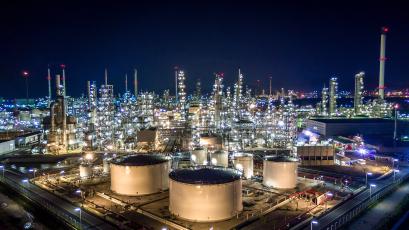“The U.S. petrochemical industry has a crucial and enduring role to play in meeting the needs of a growing world population while simultaneously fulfilling the imperative to produce petrochemicals in a sustainable and clean manner. Vilifying this industry of hard-working innovators is irresponsible and ignores the basic fact that petrochemicals make modern life possible and safer than ever before. AFPM member companies do important work and are committed to being good neighbors in each of the communities where we operate and beyond. Efforts that suggest the opposite are false and do a disservice to productive dialog and policymaking in our country.
“Petrochemicals are not “a major threat to public health & the environment” rather they are the building blocks for products that improve health, safety and quality of life for people around the world. The U.S. economy depends on petrochemicals and they are essential for improving and modernizing myriad other industries. Petrochemicals are critical in modern medicine, food safety, efficient construction, advanced electronics, mobility and transportation as well as our energy infrastructure. In addition, renewable energy and next-generation technologies, including solar panels, wind turbines, computer chips and electric vehicles, all require petrochemicals in their production.
“Plastics made from petrochemicals offer an environmental advantage over alternative products as they are typically responsible for far fewer GHGs and consume much less water. They are lighter weight, making them more efficient to transport and enable other industries such as the automotive industry to produce lighter and more fuel-efficient vehicles. Also, plastics made from petrochemicals are more affordable than alternatives and more accessible throughout the world.
“Along with these advantages, there are serious challenges that the petrochemical industry and our customers are tackling together. Plastic waste in the environment is inacceptable, and for this reason the petrochemical industry is investing billions to keep plastic out of the environment and develop revolutionary technology to recycle more petrochemical products and reduce GHG emissions. In fact, petrochemical companies are working with each other, with government, academic institutions, non-governmental organizations (NGOs) and others to innovate and scale promising technologies that have the potential to drive even more significant emissions reductions. Attacking our industry doesn’t advance those important objectives and suggesting we can be easily replaced is wrong.”


